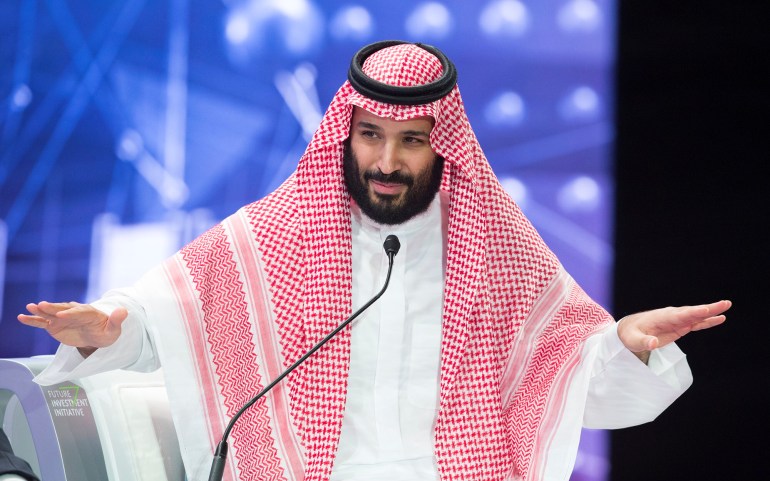Yesterday, Thursday, ISIS claimed responsibility for the attack, which targeted the day before yesterday, Wednesday, an activity at a non-Muslim cemetery in the Saudi city of Jeddah, which left 7 wounded.
The organization said that the Jeddah attack primarily targeted the French consul who attended the celebration, and that his targeting came against the backdrop of his country's government’s insistence on publishing the cartoons insulting to the Messenger Muhammad, may God bless him and grant him peace.
Targeting the French Consul
The organization added in a statement issued through one of its official channels on the Telegram app, "A security detachment of the caliphate soldiers managed to plant an explosive device in the (Khawajat) cemetery in the Al-Balad neighborhood in Jeddah yesterday, and after a number of consuls of the countries of the Cross gathered near it, the mujahideen detonated them, resulting in injury Number of them. "
The blast occurred during a ceremony to commemorate the end of the First World War, in which foreign embassies participated in the city of Jeddah, causing many casualties.
The attack is the second security incident occurring in the city during the past two weeks, and it is also the first bomb attack - apparently - targeting foreigners in the Kingdom.
In a second statement published by the organization’s Amaq News Agency, the organization added that "the attack primarily targeted the French consul who attended the ceremony against the backdrop of his country's government’s insistence on publishing cartoons insulting to the Messenger of God - may God bless him and grant him peace - and the religion of Islam."
On October 18, a spokesman for ISIS called on supporters of the organization to target Westerners, oil pipelines and economic infrastructure in Saudi Arabia.
Mohammed bin Salman pledged to fight extremism in Saudi Arabia (Reuters - Archive)
Netherlands attack
Unidentified assailants fired a hail of bullets at the Saudi embassy in the Netherlands before dawn on Thursday, without anyone being injured in the incident, and late last month, the authorities arrested a Saudi armed with a knife after he attacked a guard at the French consulate in Jeddah.
On the other hand, Saudi Crown Prince Mohammed bin Salman pledged to strike with an iron fist for what he called "extremism" in Saudi Arabia, which he said "was able to eliminate an ideological project made over 40 years."
The Saudi Press Agency quoted Mohammed bin Salman as saying, "We will continue to strike with an iron fist against all those who want to harm our security and stability," but he did not refer directly to the attack on the cemetery of Jeddah.
He affirmed his country's commitment to "confronting extremism and rejecting all terrorist acts."
"While the Kingdom condemns and rejects every terrorist act or practices and actions that generate hatred and violence, and is committed to confronting extremist discourse, it rejects any attempt to link Islam and terrorism," he said.
A fertile environment for extremism
The Saudi crown prince called for the world to "stop contempt of religions and attacking religious and national symbols under the slogan of freedom of expression because this will create a fertile environment for extremism and terrorism."
He said that his country rejects "any attempt to link Islam with terrorism, and affirms that intellectual freedom is a means of respect and tolerance. Islam criminalizes these terrorist operations, prohibits bloodshed, and prevents treachery and unlawful killing of the faithful."
Mohammed bin Salman promised to continue facing any extremist appearances, actions and ideas.
He also said that corruption consumes between 5% and 15% of the state budget.
In January 2019, Saudi Arabia concluded a campaign that it said aimed to combat corruption, and included the arrest of many members of the kingdom's political and economic elite.
Critics saw the campaign as nothing more than the crown prince's tightening of his grip on power, as he marginalized any potential rivals.

